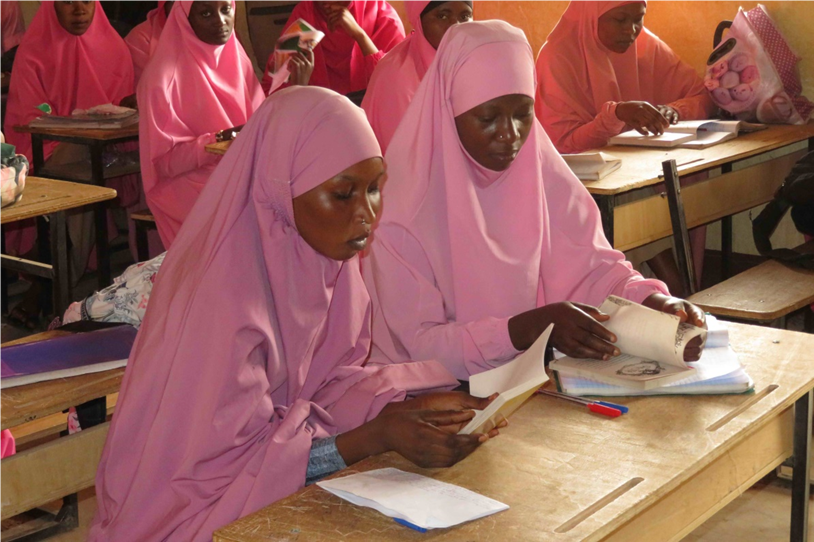
When much of North America was last covered with ice, what we know today as the Sahara Desert of North Africa was covered with trees and grasslands. Many African tribes flourished during this time, each with its own culture and language.
Over a period of 5,000 to 10,000 years the “Green Sahara” turned to an extremely hot and dry desert. The tribes adapted to the conditions or moved to peripheral areas where life was more hospitable. Despite these changes, the tribes maintained their own customs and languages.
Colonization by Europeans created countries that included many tribes, each with their own customs and languages. Niger, which encompasses the central part of the Sahara Desert, recognizes 10 tribal languages. These languages remain the preferred means of communicating within families and among friends.
Although French is the official language of Niger, only about 50% of the population is proficient. Because few Nigeriens speak English, Niger remains culturally and economically isolated from much of the world. This isolation has contributed to Niger’s being one of the poorest countries in the world.
The Rotary Club of Pagosa Springs, with support from the Rotary Foundation, has been helping Niger to lift itself from poverty by working with our twin Rotary club in Niger on several projects. Through this relationship we have learned of the need to improve English education in Niger.
Since most students have already learned two or three languages, they may question the need to learn another. All teachers know that students must be interested before they can be taught. To generate interest in learning English, I brought 50 small books written in English, in addition to the beakers, voltmeters, magnets etc. that I needed for the science teacher training workshops. These books, which were written for middle and high school students, were donated by the Three Rivers Foundation. .
Having completed my science teacher training work, I had time to give the books to English teachers in two public schools. Support for the idea that novels might pique students’ interest to learn English became apparent when I visited an English class for students in the final year of high school. Although they do have textbooks that teach English grammar, they had never seen a book written in English and written only to interest the reader. My host Rotarians said that book stores in Niamey, the capital of Niger, normally do not carry books written in English. The books I delivered were provided by Sandra Mastel, a representative of Three Rivers Foundation and the Rotary Club of Pagosa Springs.
Our twin Rotary Club in Niamey will monitor the effect of these books on English programs in these two schools through the next year. If they find that the availability of interesting books written in English motivates students to learn English better, we will invite other Rotary Clubs to join us to develop a much larger project that will deliver more books to more schools.
 Pagosa Springs Rotary Club
Pagosa Springs Rotary Club